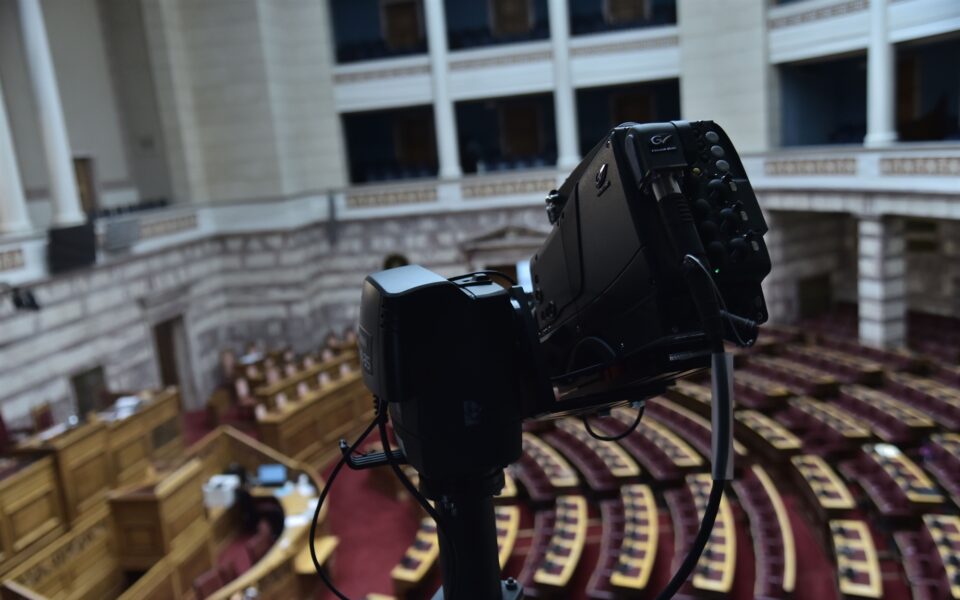The absurdity of protecting science from the absurd

The theater of the absurd was back in Parliament the other day, when the government submitted a legal amendment seeking to protect the chair and members of the expert committee investigating the deadly train crash at Tempe from any form of prosecution or questioning about any opinions expressed during deliberations or about how they voted, unless they acted with malice. This is the second such amendment that has been put to lawmakers for ratification. The first concerned the special committee of health experts tasked with the response to the Covid pandemic.
The absurd thing here is not that the amendment was included in an irrelevant draft law by the Development Ministry. We are accustomed to this unconstitutional practice by now and it no longer makes an impression. What is absurd is that it was submitted at all: that we pay certain scientists to give us their opinion on a specific matter and then need to pass an amendment so that they can give us this opinion without fear of being dragged through the courts for the rest of their lives, as happened to the former head of the Hellenic Statistical Authority (ELSTAT), Andreas Georgiou.
As if this absurdity by the government were not enough, we have the reactions from the opposition, which only go to prove that the first absurdity may have been necessary after all. Leftist SYRIZA slammed the amendment protecting the expert committee from prosecution as an “incredible affront to the victims” of the rail disaster. It suggested that the amendment was the “last step” in the government’s effort to cover up the affair. The “incredible affront” here is to reason, not to the victims. At the end of the day, if there is a cover-up then this falls under the category of malice, which is clearly not covered by the amendment.
Someone who believes the Earth is flat can sue an astrophysicist for saying otherwise and the case will most likely reach a court
The big problem is that such measures are necessary for such a committee to be set up, because no one in their right mind would agree to perform a public service of this kind if they are exposed to lawsuits from every side, from every disgruntled kook, which prosecutors seem to accept without question. As we have seen from the case of Georgiou – who left a good job to come to Greece and put some order in ELSTAT, which had made us the world’s laughing stock – no one is immune to such trials and tribulations, regardless of whether they are eventually vindicated by the European courts. Twelve years of fighting judicial battles is nothing small.
So, with the generous sponsorship of New Democracy which launched the prosecution against Georgiou, SYRIZA, which as head of the coalition government with Independent Greeks maintained it, and especially the justice system which accepted every ludicrous claim made against the statistician, we come to the latest absurdity of needing a legal amendment to protect experts’ right to their opinion. What such amendments tell us is that even scientists are not safe in this country, where speech is so often criminalized. And if we agree that people have an indelible right to sue other people over anything they say, then the problem is that the prosecutors are not separating the wheat from the chaff. This means that someone who believes the Earth is flat can sue an astrophysicist for saying otherwise and the case will most likely reach a court someday. And it is no laughing matter. This is what happened with the infectious disease experts for whom special measures were required for their protection.
SYRIZA MP Giorgos Balafas claimed that anyone doing their job properly does not need such protection. It is worth noting here that Georgiou did a good job and all the international organizations agreed, as did the SYRIZA-ANEL government, which shaped its economic policy on his statistics. The root of the problem is that it is the people who do their job properly that are at the greatest risk in Greece.





